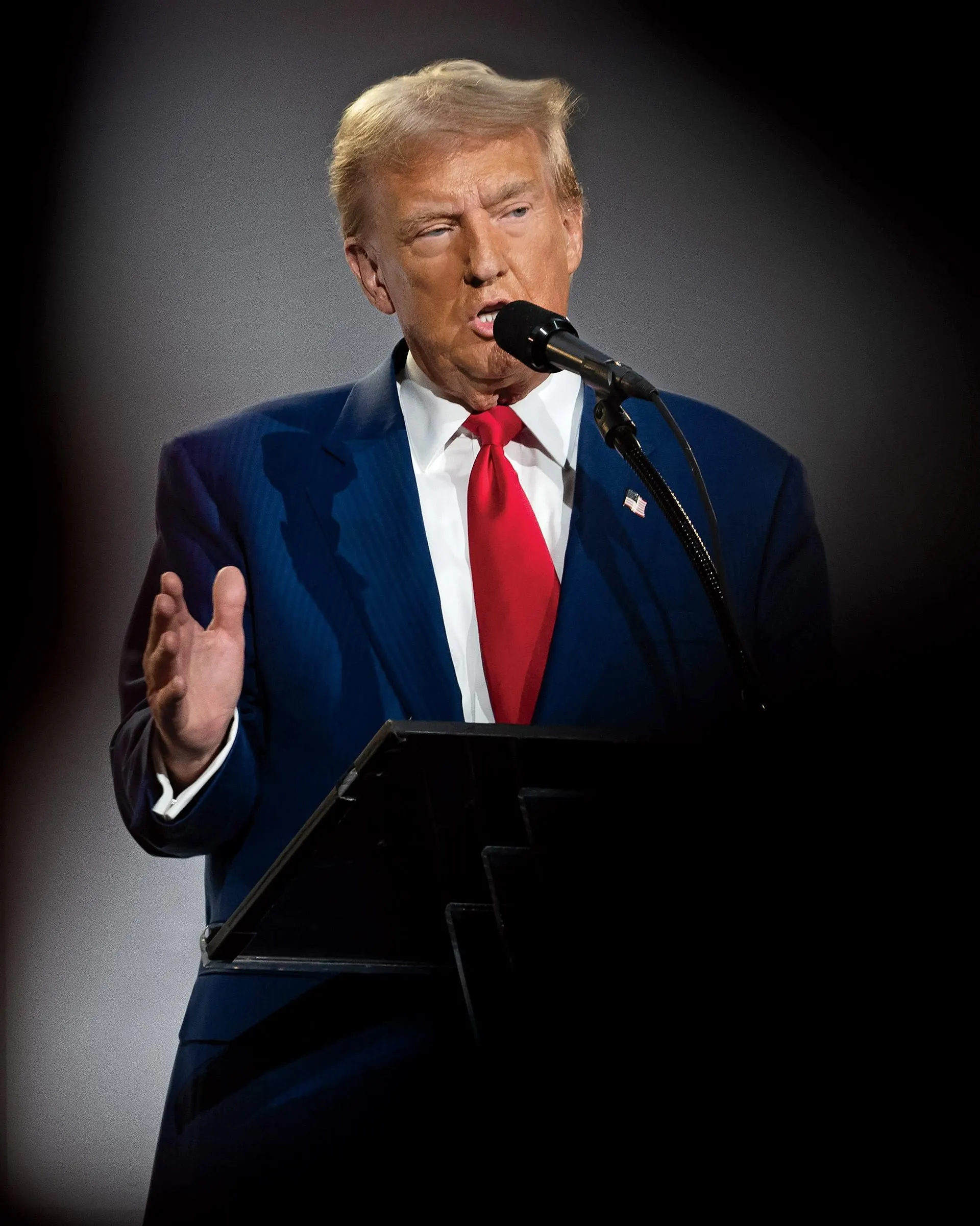Trump’s new Tax Plan is Biblical

29 October 2024
And when he had come into the house, Jesus anticipated him, saying, “What do you think, Simon? From whom do the kings of the earth take customs or taxes, from their sons or from strangers? Peter said to him, “From strangers.” Jesus said to him, “Then the children are free.”
- Matthew 17:25—26
Last week Donald Trump proposed abolishing income tax altogether and raising government revenue through trade tariffs instead. He has proposed a 20% tariff on all imports from all countries, with a whopping 60% tariff on Chinese imports. Trump’s plan has several immense benefits: it would tremendously relieve the tax burden on all Americans, thereby also giving entrepreneurs greater leverage to create and maintain industries, and create more jobs at home. Furthermore, by raising revenue through tariffs, American industries would be better able to compete with poorer nations where wages are minimal compared to what they are in the US. For the past couple of decades, US manufacturers have been outsourcing jobs abroad, often building new factories in places like China and India. This has led to a tremendous loss of employment on home soil which has contributed to impoverishing the middle class. With less purchasing power, the middle class then in turn becomes more dependent upon cheaper products from China, thereby only accelerating the decline.
Trump now finally plans to do something about this. His policy aligns with what is widely known as Protectionism, an economic theory advocating the restriction of free-trade in order to protect the economic interests of the native population. Protectionism is an inherently conservative policy based on the recognition that nations and borders represent significant differences in ethnicity, language, religion, political tradition, and culture, and therefore possess profound socio-economic significance. This means that rulers in the civil sphere have a responsibility towards their own distinct constituency by mirroring what fathers do as domestic rulers in terms of prioritizing the well-being of their own kin over others. It is interesting that in Jesus’ analogy in Matthew 17:25-26 where He advocates for protectionism by claiming that rulers should raise revenue through tariffs on foreigners rather than taxes on their own subjects, He calls the subjects of rulers “sons” and contrasts them with “strangers.” Our Lord thereby affirms the importance of the biblical principle of kin-rule (Deuteronomy 17:15).
Protectionism therefore radically differs from the libertarian or liberal position predicated on the primacy and autonomy of the individual, which manifests in a free-trade policy that represents the pursuit of transitory efficiency and self-enrichment through cheaply manufactured foreign goods at the expense of the welfare of one’s extended family. By recognizing the reality of God’s created order and the covenantal significance of the family, tribe, and the nation, Protectionism recognizes that a healthy economy, in the long-run, is ultimately predicated upon a God-fearing people (Deuteronomy 28).